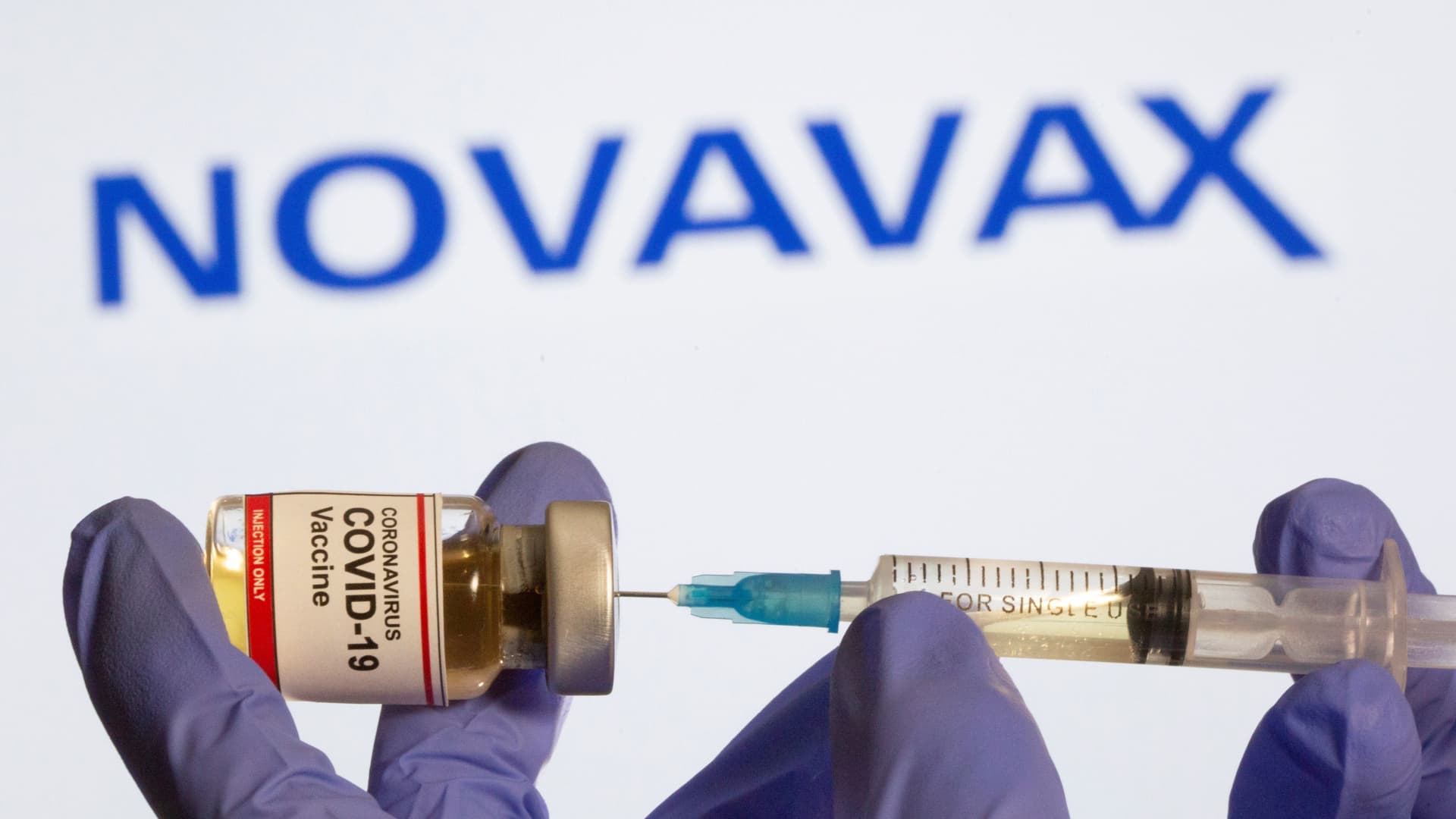Paid to wait: Playing defense with dividends


Amid the ongoing series of seesaw trading sessions, more investors are seeking a source of consistency to weather that volatility — and are increasingly taking a look at stocks that offer dividends.
“Money has to be put to work. So, if you’re going to do it, value and dividends are a good way,” said Andrew McOrmond, managing director at WallachBeth Capital, in an interview on “ETF Edge” on Wednesday.
McOrmond explained that for investors needing a consistent inflow of income, yields from dividends are a reliable source of income regardless of treacherous market swings.
Despite analysts warning to not expect too much from dividends and buybacks, the inflows into those funds have remained steady in 2022. Dividend funds have taken in $3 billion in June and $43 billion so far this year, according to SPDR Americas research.
“The overlay of quality and an emphasis alongside value is key,” Matt Bartolini, head of SPDR Americas Research at State Street Global Advisors, told Leslie Picker in an interview on “ETF Edge” on Wednesday.
Dividend stocks have withstood some of the near-term volatility much better than the marketplace, Bartolini said. He added that there’s still more room for returns in dividend ETFs given the macro foundations as well as the fundamental foundations within these types of strategies.
“There are some firms that have increased their dividend for over 30 consecutive years,” Bartolini said. “And they have clearly seen some market cycles that are probably even worse off than where we are now.”
The migration toward dividend funds coincides with sharp declines in commodity prices. Bartolini noted that the flows indicate a desire for defensiveness and a margin of safety from equity allocations. Value has been a strong performing factor given its relationship to rates.
“Profitability has been paramount in this type of market cycle,” Bartolini said. “We’ve seen profitable stocks outperform unprofitable stocks for 12 consecutive months. And stocks that pay a consistent amount of dividends, they’re generally profitable because they are not going to pay out if they are unprofitable.”
Beyond dividend stocks, bond ETFs also are a haven for investors during uncertain times.
“There will always be money going into both,” McOrmond said. “You can start to think about active management — whether you’re choosing a manager or you’re doing it on your own.”
He pointed to the actively managed SRLN, where you can have someone pick the right binds to outperform.
“It might be a good time for active management,” McOrmond said. “Even if you’re choosing the dividend stock ETFs, you’re using your head. I think that’s going to be the trend in both fixed income and equities moving forward.”
This post has been syndicated from a third-party source. View the original article here.




